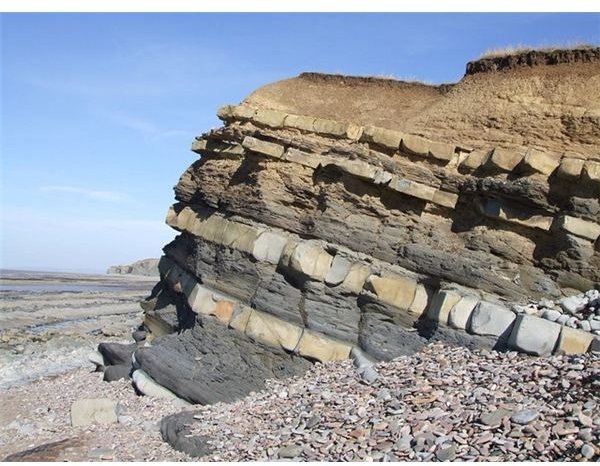What is Rock Mechanics?
Problems that arise in rock mechanics
Civil engineers have to routinely deal with geotechnical matters where natural conditions remain unknown and inferences have to be made based on observations and experience, with some assistance from laboratory testing. By contrast, the applied science of mechanics and structural engineering is based on deduction that gives definite results. These two aspects have to be considered when you try to understand what rock mechanics is and where an engineer has to assess the properties and strengths of the rock that he can use for foundations for structures.
Rock mechanics determines how a particular rock reacts when it is put to the use required by mankind for buildings, roads, bridges, dams, tunnels, and other civil engineering uses. It will assess the bearing capacity of the rock on the surface and how the force applied on the rock by the structures being built on it will affect the rock at various depths. Rock mechanics will determine the shear strength of the rock, which in turn will allow the rock to resist the forces applied to it. Rock mechanics can also determine the response of rock when it is subjected to dynamic loading that may be a result of manmade applications or natural occurrences like earthquakes. The failure mechanism of rocks will allow engineers to counteract these so that the structures built on the rock are safe. Rock mechanics will also study the effect that defects in the rock from cavities, fissures, joints and bedding planes can have on structures founded on them.
Rock mechanics will also allow engineers to decide how to protect slopes, the proper technique to be used for tunneling, the strengths that can be expected from rock that functions as ballast for railway tracks or as base for roads. The strength of rock also plays a large part in aggregate used for concrete that makes up most of the buildings being built nowadays.
Image Source: Wikimedia: Rock formations
Testing in rock mechanics

While laboratory testing for rocks does give extensive data for engineers to determine bearing capacities, shear strengths, permeability, and other concerns for designers, it is being acknowledged that rock mechanics benefits most from in situ testing of the rock and observation of geological conditions that can affect the way a rock behaves when subjected to loads and stresses. Engineers are then able to decide whether the stability of rocks and rock slopes could affect the structures that they build. Cavities present in the rock, besides making the rock vulnerable to fracture, can also act as reservoirs for water and other solutions that can affect civil engineering structures. This becomes especially critical in the case of dams and tunnels where these cavities can affect the stability of the structure, and in case of tunnels, can affect traffic going through them. Rock mechanics along with geological studies can decide on whether rock slides or rock falls could take place and the measures that would be needed to prevent them.
Image Source: Wikimedia: Klive Beach
References
Rock Mechanics (PDF), Sarvesh Chandra
Rock Mechanics and Engineering, Charles Jaeger
